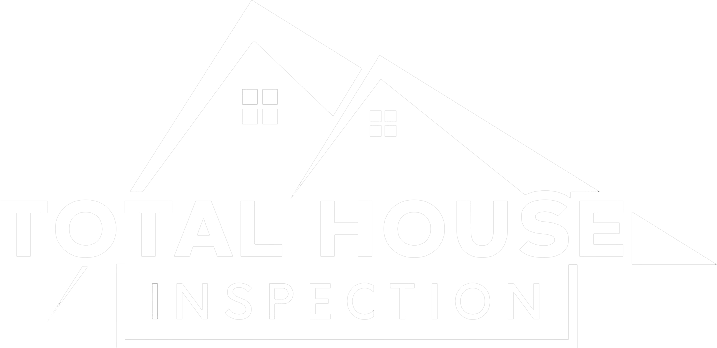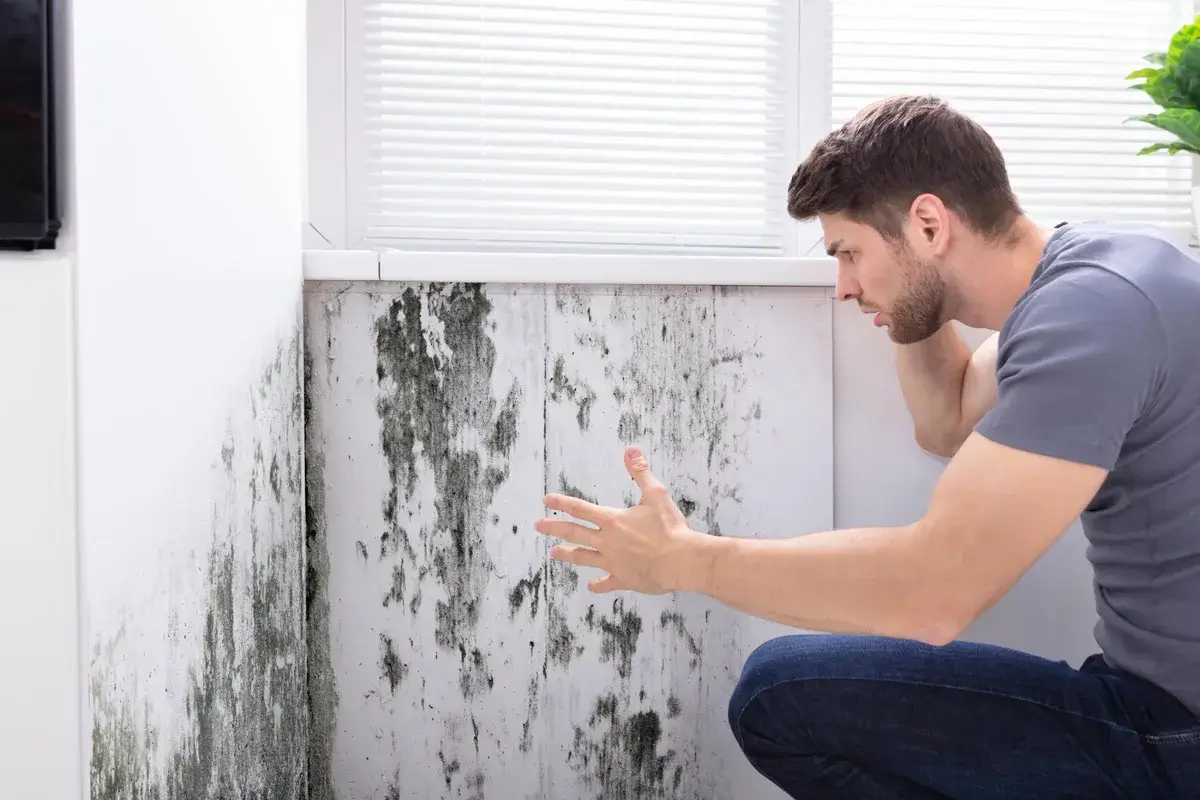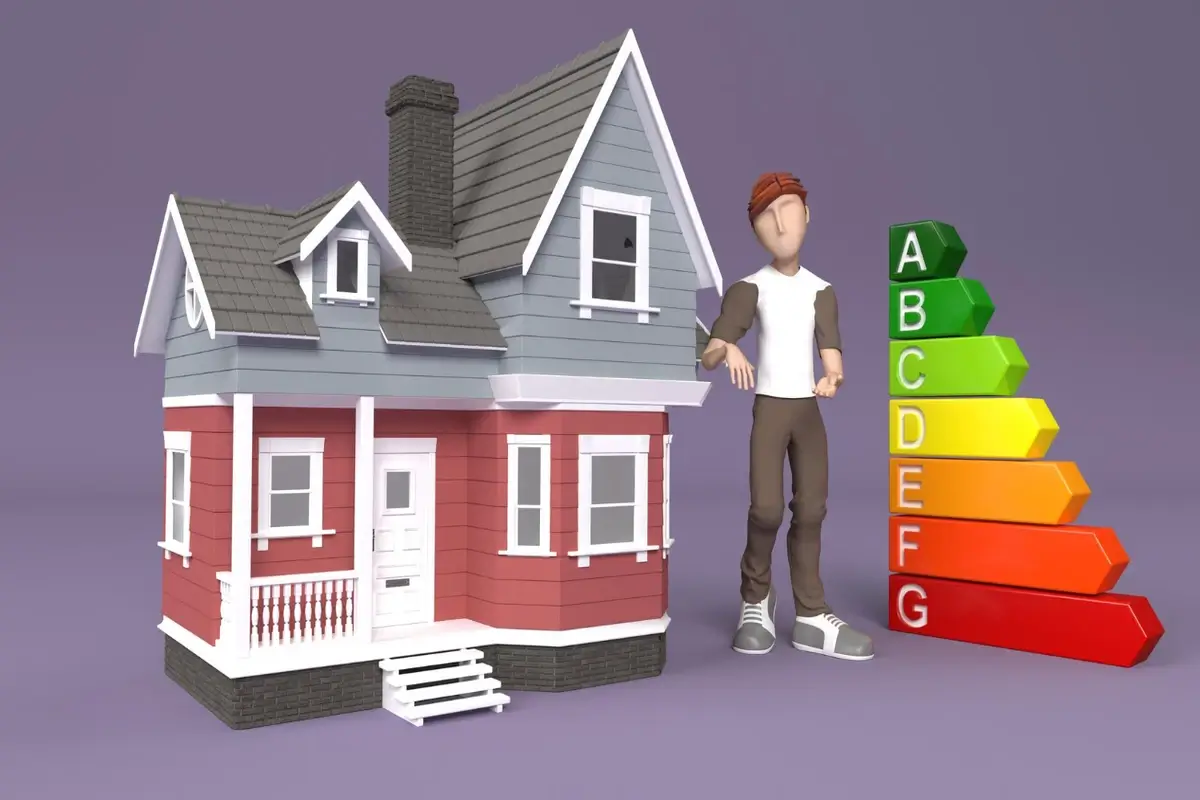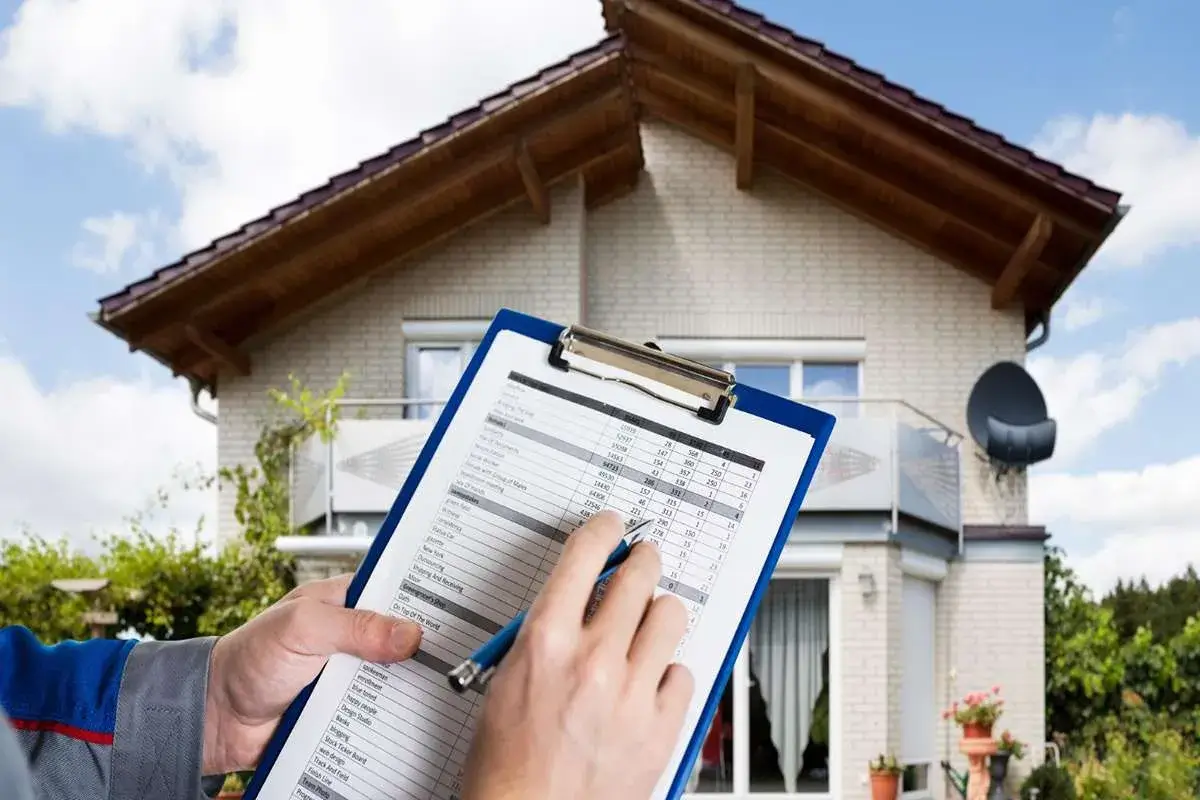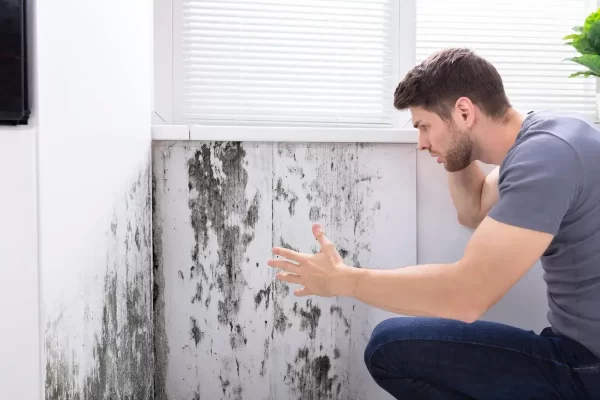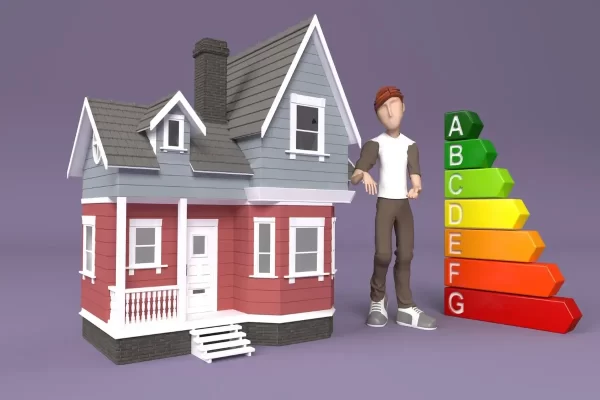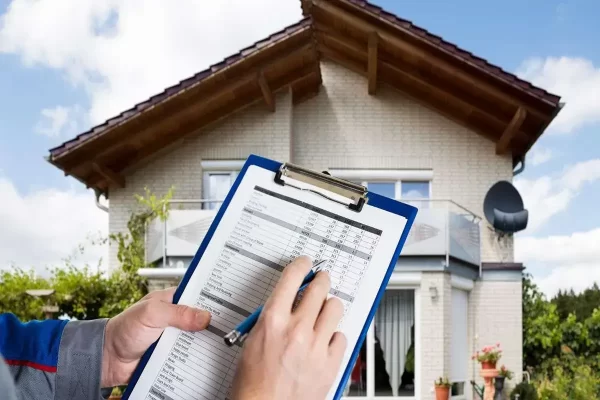A home inspection is one of the wisest things to do when buying or selling a house. It helps to prevent any unpleasant surprises about the property’s condition you are buying. However, there’s often some confusion about the logistics of this inspection, specifically, who schedules home inspection? Will it be buyer or seller?
So, let’s dig into this common question: Who orders the home inspection when buying? Understanding this will help both buyer and seller go through this process smoothly.
What Is A Home Inspection?
First, let us quickly understand what a home inspection is. A home inspection examines a property’s condition by a licensed professional called the home inspector. A home inspector will see different components of the house, which include:
- The foundation, walls, and roof are called structural elements.
- Plumbing and electrical systems.
- Heating, ventilation, and cooling systems or HVAC systems.
- Windows and doors.
- Appliances and other key features.
They will try to find out if there are any issues or pending repairs. The inspection report enables the buyers to negotiate with the seller over the repairs or to call off the deal if major problems are found.
Who Schedules A Home Inspection?
Now, the burning question: Who schedules home inspections? Either the buyer or the seller? And the simple answer is that the buyer usually arranges the home inspection. There are a few reasons that it is the buyer’s responsibility to schedule a home inspection. Let’s discuss them.
It’s Part Of Due Diligence
Since the buyer will be the one living in the home, it is in their greatest interest that the house is in good condition. So, they will have to consider the inspection report before going ahead with the purchase.
Timing Flexibility
Since the buyer pays for the inspection, they also get to decide its timing. After they’ve signed a purchase agreement, buyers usually have a certain amount of time (usually 7 to 10 days) to book the inspection. The buyer has the flexibility to pick an inspector and arrange the inspection at their convenience.
Control Over The Inspector
Buyers will want to be comfortable with the inspector’s qualifications and approach. Since they decide the inspection’s timing, they can hire their own inspector who they feel comfortable with and trust.
Prevents Conflicts Of Interest
Sellers might attempt to rush the inspection without adverse findings coming to light. They even opt for a less diligent, less expensive inspector. Buyers have the power to make sure the inspection works fairly and completely when they schedule it.
But What About The Seller?
Although the buyer normally arranges and pays for the home inspection, the seller still has a part to play. Sometimes, the seller may have the home pre-inspected before it is listed for sale. Here’s why a seller might do that:
Helps With Pricing
A pre-listing inspection provides the seller with information regarding property problems before the property is placed on the market. The seller knows about the potential problems, and they can fix them before listing the property. The seller can also adjust their asking price accordingly. This proactive approach will help avoid surprises that could appear during the buyer’s inspection.
It Gives The Seller Bargaining Power
Pre-inspection reports are important because they allow the seller to be open with potential buyers. Knowing the status of the issues upfront facilitates smoother negotiations with the buyer. For instance, the seller can agree to fix some problems before closing or provide the buyer credit to repair some items.
Speeds Up The Sale Process
The inspection can go faster for a buyer if the seller has already dealt with or advised on problems in the home. This is especially helpful in a thriving market where houses are selling fast. It makes buying more transparent and can make the buyer more comfortable.
Who Orders The Inspection When Buying A Home?
Since the buyer is scheduling and ordering the home inspection, the buyer usually hires the inspection company and pays its fee. The average price for such a service is US$342, depending on the location and the size of the home.
In most cases, the buyer orders the inspection when buying a home. However, the buyer can negotiate with the seller to either have the seller pay for the repairs or give them credits once the inspection report comes and issues are found.
What Happens After The Inspection?
Once the home inspection is complete, the inspector gives a detailed report. This report will help the buyer decide whether to purchase this home, ask for repairs, or walk away.
Requesting Repairs Or Negotiating
If the inspection shows problems, the buyer can ask the seller to perform repairs or lower the purchase price. The seller either agrees to these requests, negotiates them, or rejects them in their entirety.
If the issues are minor, the buyer may decide to go ahead with the purchase after bargaining on the price.
Conclusion: Buyers Generally Take the Lead In Scheduling
To summarize, who schedules home inspection primarily falls on the buyer. Of course, sellers can be proactive in a similar way in getting a pre-inspection report before putting the property up for sale. It would enable them to spot any issues that might arise as a surprise during the buyer’s inspection.
As a buyer, you must schedule a thorough home inspection so your future home will be in the best condition possible.
Total House Inspection provides full home inspection services so you may sleep soundly. We will work with you to find your dream house in the best condition. Give us a call today to schedule your inspection, and you can be sure that your dream home is as it appears to be.
